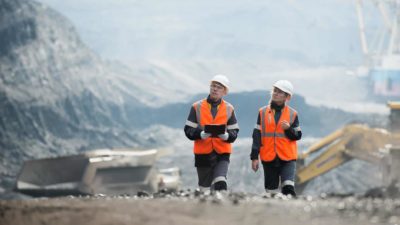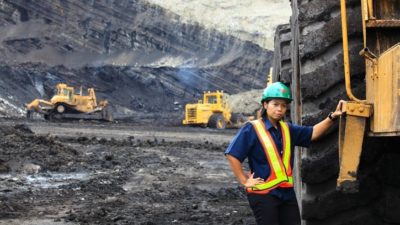Not even a trade war can hold back the iron ore price as the benchmark price of the commodity in China jumped to a six-year high yesterday.
The most actively traded iron ore futures contract on the Dalian Commodity Exchange surged 5.5% to 685 yuan (US$99.63) per tonne, it's highest since 2013, before closing 4.8% higher at 680.5 yuan, according to Reuters.
The jump is sure to catch some by surprise as the escalating trade war between China and the US is predicted to be a big drag on economic activity – and commodity price by extension.
But S&P/ASX 200 (Index:^AXJO) (ASX:XJO) mining investors won't be complaining. The news could keep the BHP Group Ltd (ASX: BHP) share price, Rio Tinto Limited (ASX: RIO) share price and Fortescue Metals Group Limited (ASX: FMG) share price stronger for longer.
In fact, if the iron ore price stays roughly where it is for the rest of the year, you can count on dividend upgrades from the ASX three iron ore majors.
Trade war or trade bore?
It seems that Chinese iron ore traders aren't too worried about US President Donald Trump imposing tariffs one tweet at a time!
Falling iron ore inventories and expectations of robust steel demand is fuelling the price jump in the steel making commodity. It seems bad news is really good news to the Chinese.
Rising trade tensions and tariffs between the two largest economies coincided with a weak Chinese retail sales and industrial output for April. This in turn is likely to force the Chinese government to ramp up stimulus, including infrastructure building, to offset the slowdown.
Any increase in infrastructure construction will be a boon for steel and iron ore, although this isn't the only reason for the price rise.
Other iron ore price drivers
Chinese traders also point to ongoing pollution controls restricting steel production and higher profit margins for steel mills.
The government restrictions are likely to last till the September quarter while healthy profits for the industry (from rising steel prices) is prompting steel mills to replenish iron ore inventories.
China's crude steel production increased 12.7% in April from the previous month to its highest monthly level on record, official data showed on Wednesday, reported Reuters.
Meanwhile, iron ore stocks held at Chinese port fell to the lowest level since late 2017, as imports slumped to an 18-month low in April primarily due to production cuts from Brazilian mining giant Vale S.A. after the tragic Brumadinho dam disaster.
But don't believe for a second that an all-out trade war between the US and China won't send iron ore prices falling back to earth. Both sides are still negotiating to reach a permanent solution, and if Trump loses patience and slaps tariffs on all Chinese imports into his country, you can bet commodity markets will go into a meltdown along with equities.








